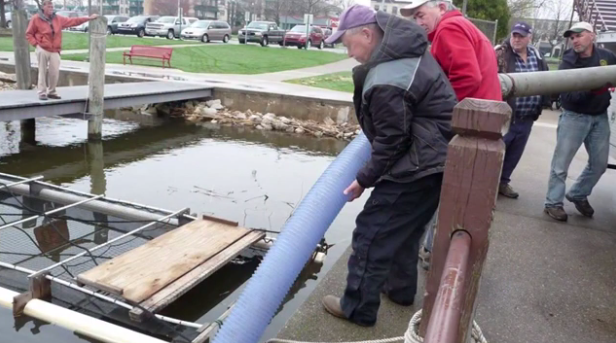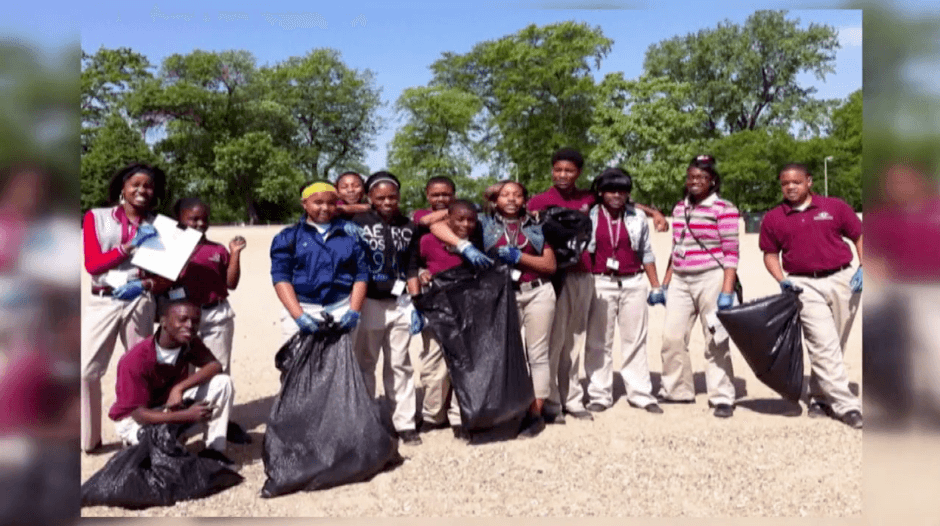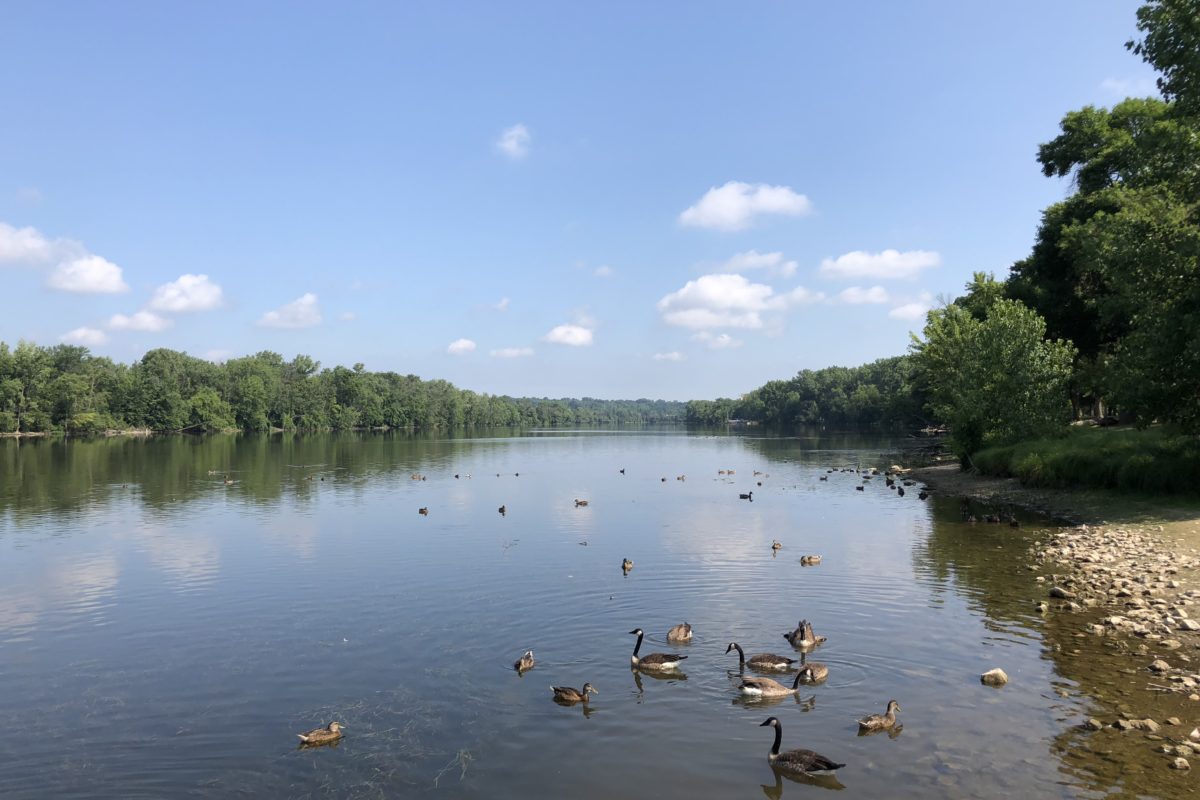As 16-year-old Minali Bhatt tromps through the marshy woods in her black rubber boots, her mother watches and waits for the number.
“Forty-two!” Bhatt shouts, and her mother, Anandhi Chandran, smiles and jots down the vernal pool’s circumference in her notebook. Bhatt picks her way back through the undergrowth, careful not to trip – again – in the murky water.
“She enjoyed watching me struggle, honestly,” Bhatt says with a laugh. “Actually, it was a lot of fun and we really learned to work together as a team.”
The Farmington Hills mother-daughter duo are members of a popular citizen scientist squad trained through the Michigan Conservation Stewards Program (CSP) to help restore and conserve natural areas throughout the Great Lakes State.
Participants learn about the history of conservation activities in Michigan, basic ecological principles and natural communities such as forests, prairies, rivers, streams and vernal pools. In addition, participants discuss current conservation issues, decision-making involved in the management of natural resources and how to contribute to citizen science efforts, as well as gain critical experience to ready them for leadership roles in local conservation initiatives.
Bindu Bhakta calls them “citizen scientist superheroes.”
“This program offers concerned residents the chance to learn essential strategies and inspires them to improve the health of Michigan’s natural communities,” said Bhakta, natural resources educator with Michigan State University Extension.
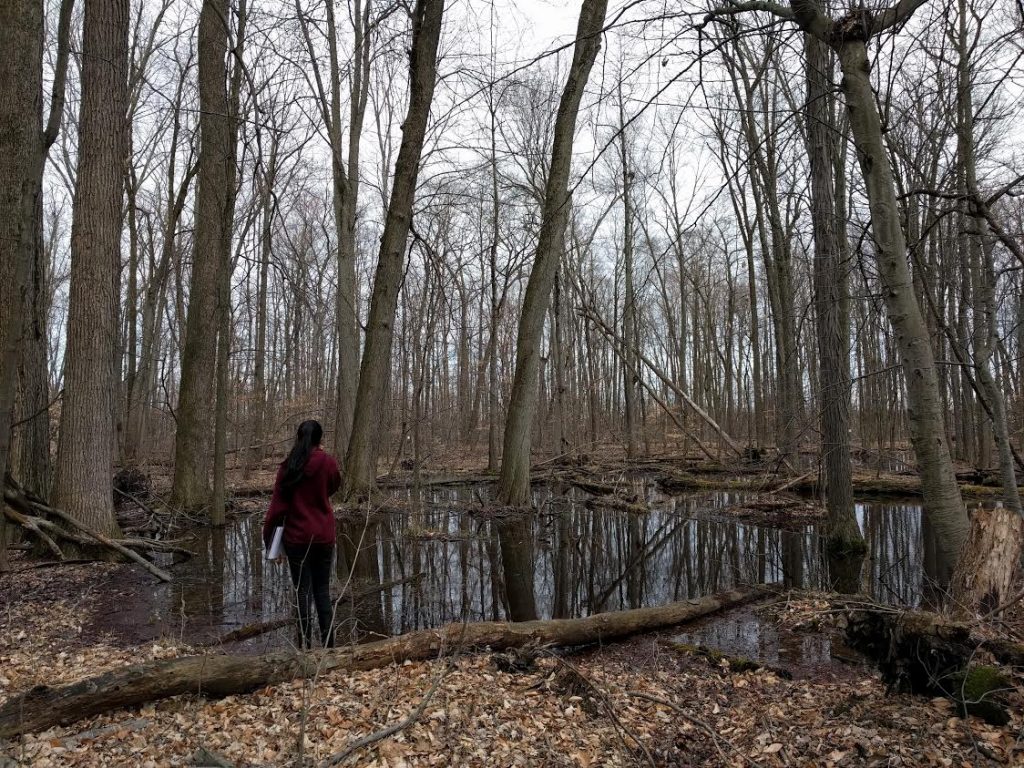
Michigan has rich conservation history
First offered in 2006, CSP is a way for concerned residents to understand the complex conservation issues facing Michigan – and to jump in with both feet.
Shari Dann MSU Extension specialist and associate professor in community sustainability, said the program has proved to be a great way to bring together diverse groups of people to learn about the complexities of natural resources management.
While it is easy to think that wildlife and nature take care of themselves, there is actually a lot of work done to ensure Michigan’s forests, waters and wildlife continue to thrive.
A portion of the CSP training focuses on Michigan’s rich history of conservation.
“We explain the important role hunters and anglers have played not only in volunteering their time to preserve Michigan’s natural resources, but also in funding wildlife conservation in the state,” Dann said.
In the early 20th century, hunters and anglers were among the first to push for active wildlife management and conservation practices to help wildlife thrive. Today, they participate in similar conservation efforts that benefit not only Michigan’s wildlife but also our forests and waters so that all people can enjoy them.
“It is entirely accurate to consider hunters and fishermen as the original conservationists,” said Matt Pedigo, chair of the Michigan Wildlife Council.
The bulk of wildlife management projects are funded through the purchase of hunting and fishing licenses and equipment, not state taxes.
All told, hunters generate $2.3 billion annually for the state of Michigan – through licenses and equipment purchases, trip-related expenses, state and local taxes and more. Plus, according to the U.S. Fish and Wildlife Service, hunting specifically supports 34,400 jobs in both rural and urban Michigan communities.
“Michigan is a leader in wildlife conservation, and much of that is thanks to the leadership and support of our state’s hunters and fishermen,” Pedigo said.
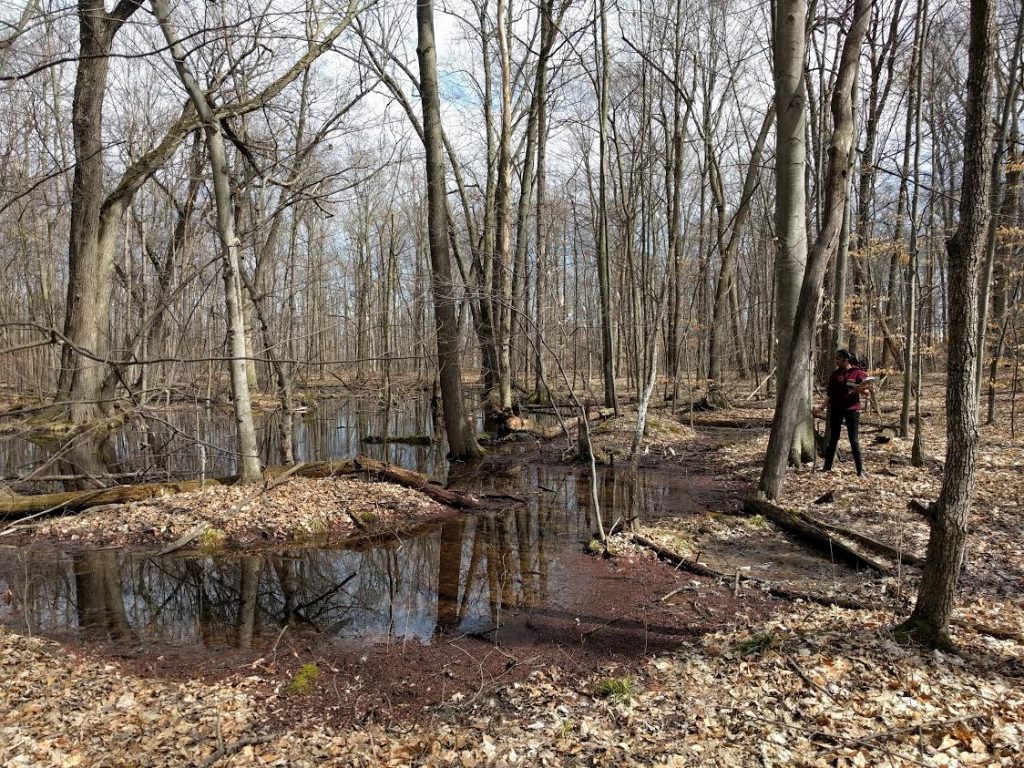
Local partnerships key to success
The Conservation Stewards Program is made possible through a strong and vibrant partnership with local conservation groups in Oakland, Washtenaw and Kalamazoo counties, and is spreading statewide. Thanks to the greater knowledge and awareness of conservation efforts in their hometowns, volunteers have tackled a wide range of projects.
“CSP has been a deep well of enthusiastic and qualified volunteers who wanted to do community service,” said Kathleen Dougherty, retired education resource specialist for Oakland County Parks & Recreation. “Obviously, this is exactly what every organization needs to complete important conservation projects in the community.”
Oakland County Parks has partnered with CSP since 2006.
In 2016, seven volunteers, including Bhatt and her mother, focused their CSP capstone project on assessing the distribution, status and ecology of Michigan vernal pools located at several Oakland County Parks. They conducted vernal pool field inventories using assessment and monitoring techniques developed by the Michigan Natural Features Inventory.
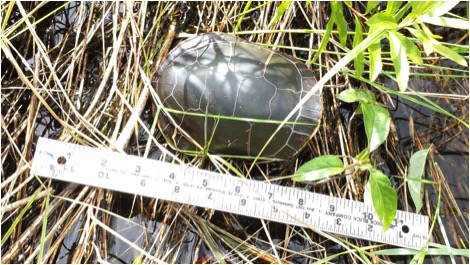
Little is known about vernal pools in Michigan, which explode with life as the snow of winter melts, giving way to spring. Rich in biodiversity, vernal pools have been called the coral reefs of our forests, home to some species that exist only there. This monitoring project has helped to collect data, which contributed to a statewide vernal pool database that will help the public, conservationists and scientists better understand and protect these geological features.
Other Southeast Michigan conservation stewards have become involved with stewardship at Michigan state game areas, state parks and recreation areas, the Clinton River Watershed Council, Friends of the Rouge, and Project Monarch Health, among many others.
“Our conservation stewards tackle real-world projects that make a difference for nature and for our community,” said Shawn Severance, parks naturalist for Washtenaw County Parks and Recreation Commission. “This little project has gathered lots of support and has become a real hub of friendship and learning.”
MSU Extension is registering participants now for CSP being offered in Jackson and Washtenaw counties in winter/spring 2018. Fall classes are planned for the Kalamazoo area and Oakland County.
The adult education program involves:
- Classroom and field-based training, as well as online learning modules.
- 40 hours of volunteer service, including the completion of an in-class volunteer capstone project related to an area of interest that begins during the course and continues after course work is completed, as well as additional community-based volunteer service related to restoring and conserving Michigan’s ecosystems.
More information can be found at msue.anr.msu.edu/program/info/conservation_stewards_program.

